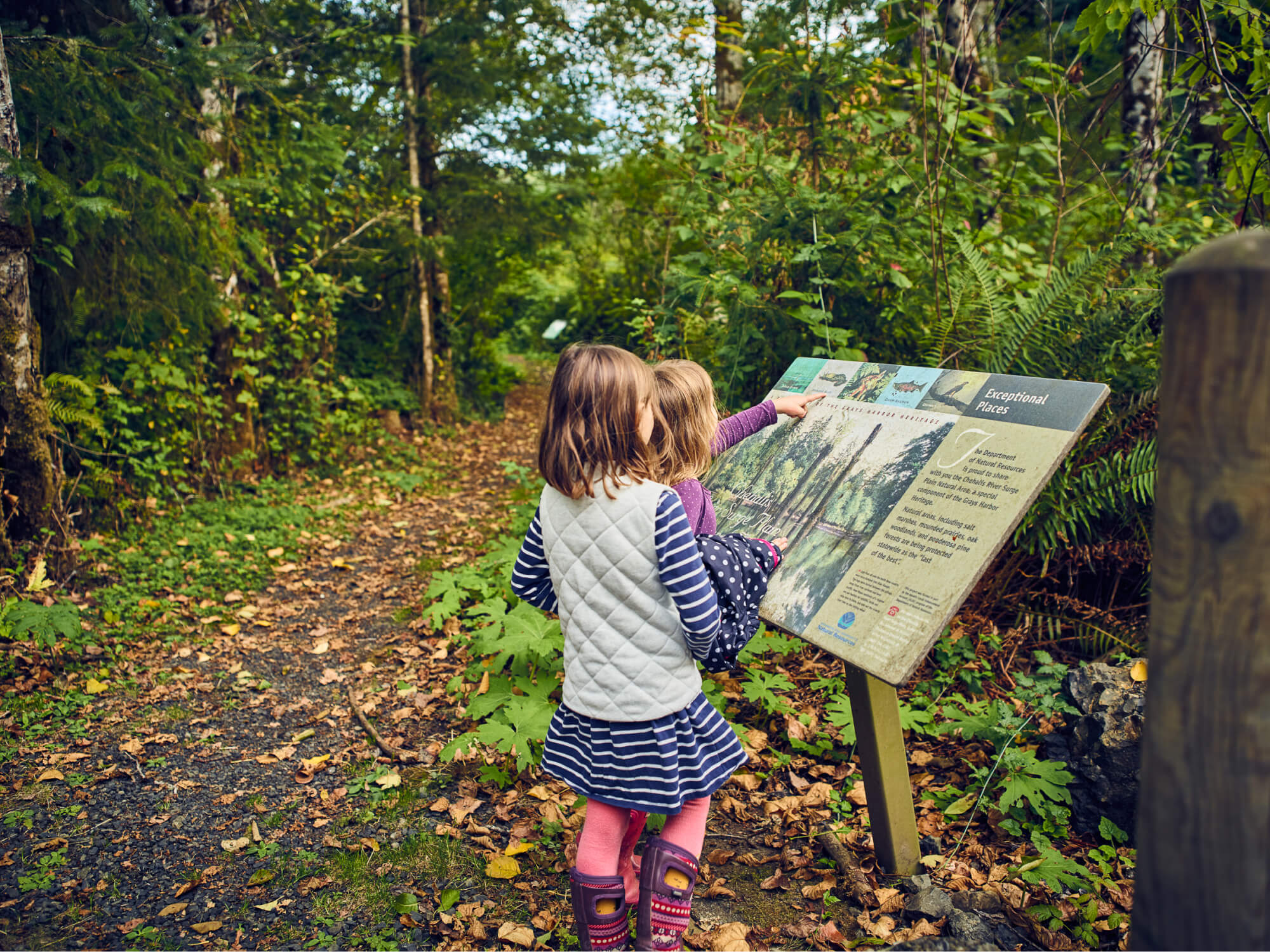SHERMAN COUNTY, Oregon – Western Rivers Conservancy
and the Bureau of Land Management permanently conserved the 4,097-acre McDonald’s
Ferry Ranch, protecting 3.2 miles of the Wild and Scenic John Day River and
placing the lowest boating takeout on the river into public hands forever.
WRC purchased McDonald’s Ferry Ranch in 2020 and held the
property while assembling the funding and partnerships needed to permanently
protect it. On August 30th, 2023, WRC conveyed the property to the
BLM, conserving vital habitat for fish and wildlife, preserving portions of the
historic Oregon Trail, and securing public recreational access on this stretch
of river in perpetuity.
“The John Day is one of the West’s most extraordinary and
important rivers, and all of us at WRC feel infinitely proud that we were able
to work with BLM to protect this critical stretch of the Wild and Scenic John
Day,” said Alex Barton, project manager for Western Rivers Conservancy.
The ranch provides important winter range for large mammals
like California bighorn sheep, pronghorn, elk and mule deer. It also supports diverse
bird life, with habitat for burrowing owl and ferruginous hawk, and ample
nesting opportunities for bald eagle, golden eagle and peregrine falcon. The
area is home to numerous species of upland game birds.
Grass Valley Canyon Creek flows through McDonald’s Ferry
Ranch for approximately 2.6 miles and offers an opportunity to revive a once
productive steelhead tributary. The John Day sustains the Columbia River
Basin’s healthiest run of wild summer steelhead, and Grass Valley Canyon Creek
was historically an important spawning tributary for steelhead. Decades ago,
the lower channel of the creek was cut off from the mainstem, blocking fish
passage. Conserving the property creates the potential for future restoration
and reconnection with the river.
The lower John Day River carves a dramatic canyon into
Oregon’s finest sagebrush shrub-steppe habitat, and is a major destination for
hikers, anglers, boaters and hunters seeking the solace of a desert canyon. Conservation
of McDonald’s Ferry Ranch secures permanent public access to the lowest viable
boating takeout on the lower John Day, before the river cascades over the un-runnable
Tumwater Falls ten miles downstream. The property also provides hikers and
anglers with three miles of riverbank access to seasonal steelhead and summer
non-native bass fishing, as well as spectacular views of the canyon from
ridgelines on the property.
Two miles of the Oregon Trail pass through the property,
with visible wagon ruts that were left by settlers moving west. WRC’s efforts are
helping to preserve this heritage, while allowing the public recreational
access for fishing, hunting and hiking on the property.
McDonald’s Ferry is the fourth property that WRC has
conserved on the John Day. In each case, it opened up river access points for
public recreation. With the completion of the McDonald’s Ferry effort, WRC, the
BLM and Oregon Parks and Recreation Department have together conserved a total
of 31 miles of the mainstem of the John Day within a 64-mile stretch of the wild
and scenic river corridor. This brings the number of acres conserved to nearly
43,000 (nearly 67 square miles), from Rattray Ranch at Thirtymile Creek, to
Cottonwood Canyon State Park and now downstream to McDonald’s Ferry.
“The lower John Day used to be incredibly difficult for
people to access,” says Barton. “Now, there are four locations where people can
access miles and miles of river and tens of thousands of acres of canyon
country and sagebrush, including the remote McDonald’s Ferry Ranch.”
Funding for the conveyance of this property to the BLM came
from the Land and Water Conservation Fund. LWCF is America’s most important
federal conservation and recreation program and has protected critical open
space and improved outdoor recreation opportunities in nearly every state and
every county in the U.S.
This project was made possible through funding and
support from the Carol and Velma Saling Foundation, Oregon Conservation and
Recreation Fund, Oregon Department of Fish and Wildlife, Bass Pro Shops and
Cabela’s Outdoor Fund, onX, Autzen Foundation and the Rose E. Tucker Charitable
Trust.

